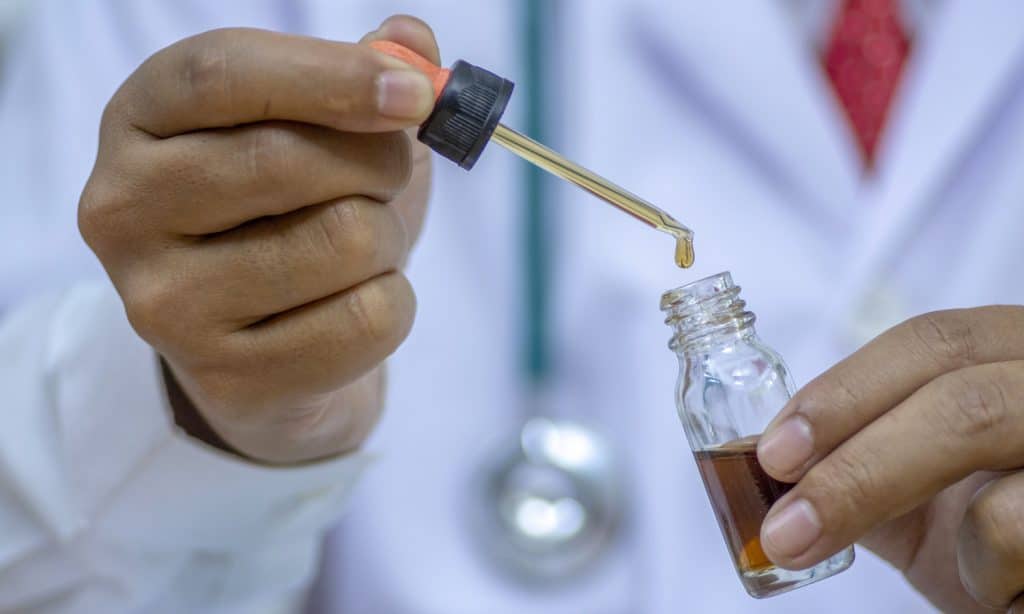Potentially hundreds of thousands of Michiganders could soon be in line to have previous marijuana offenses expunged, thanks to a sweeping legislative package that is on the verge of becoming law.
A total of six bills are heading to Michigan Gov. Gretchen Whitmer’s desk after clearing the final round of approval in the legislature, and all would significantly change the criminal records of many in the state. And the effort to wipe clean the records of some who were previously busted for pot comes in the wake of Michigan voters approving a measure to legalize recreational marijuana use in 2018.
According to the Detroit Free Press, the legislative package that was approved by lawmakers includes a proposal to “create a process to streamline expungement of marijuana offenses if the activity that led to the conviction would have been legal under the recreational marijuana law.”
House Bill 4982 allows “people convicted of one or more misdemeanor marijuana offense to apply for expungement, streamlining the process,” while also providing a “rebuttable presumption that the conviction was based on activity that would not have been a crime if committed after the use of recreational marijuana by adults became legal in December 2018,” according to the Free Press.
“In challenging the application, a prosecutor would need to prove by a preponderance of evidence that the conduct would constitute a criminal violation after recreational marijuana was legalized. Courts would move to set aside convictions that are not contested after 60 days,” the newspaper explained.




